10 Things Golf Course Architects Are Talking About
From our most recent chats with golf course architects, here are 10 topics of conversation within the profession at the moment
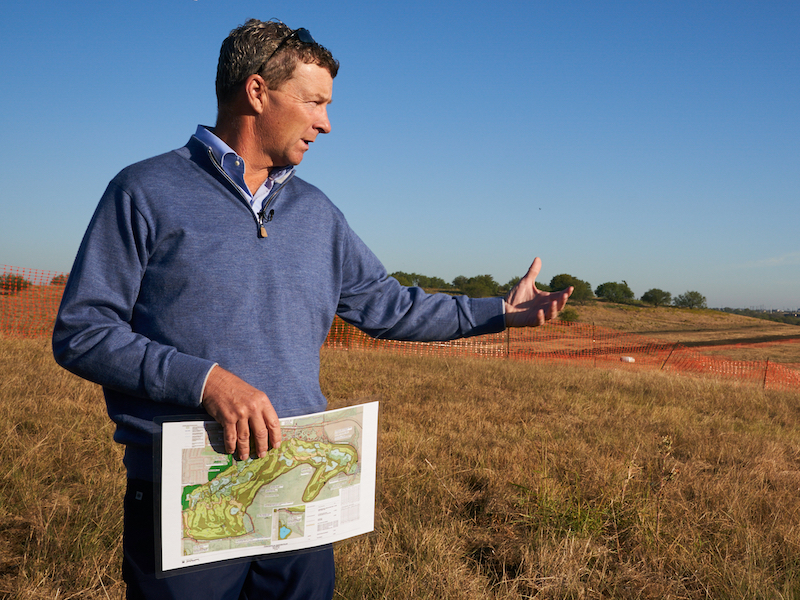
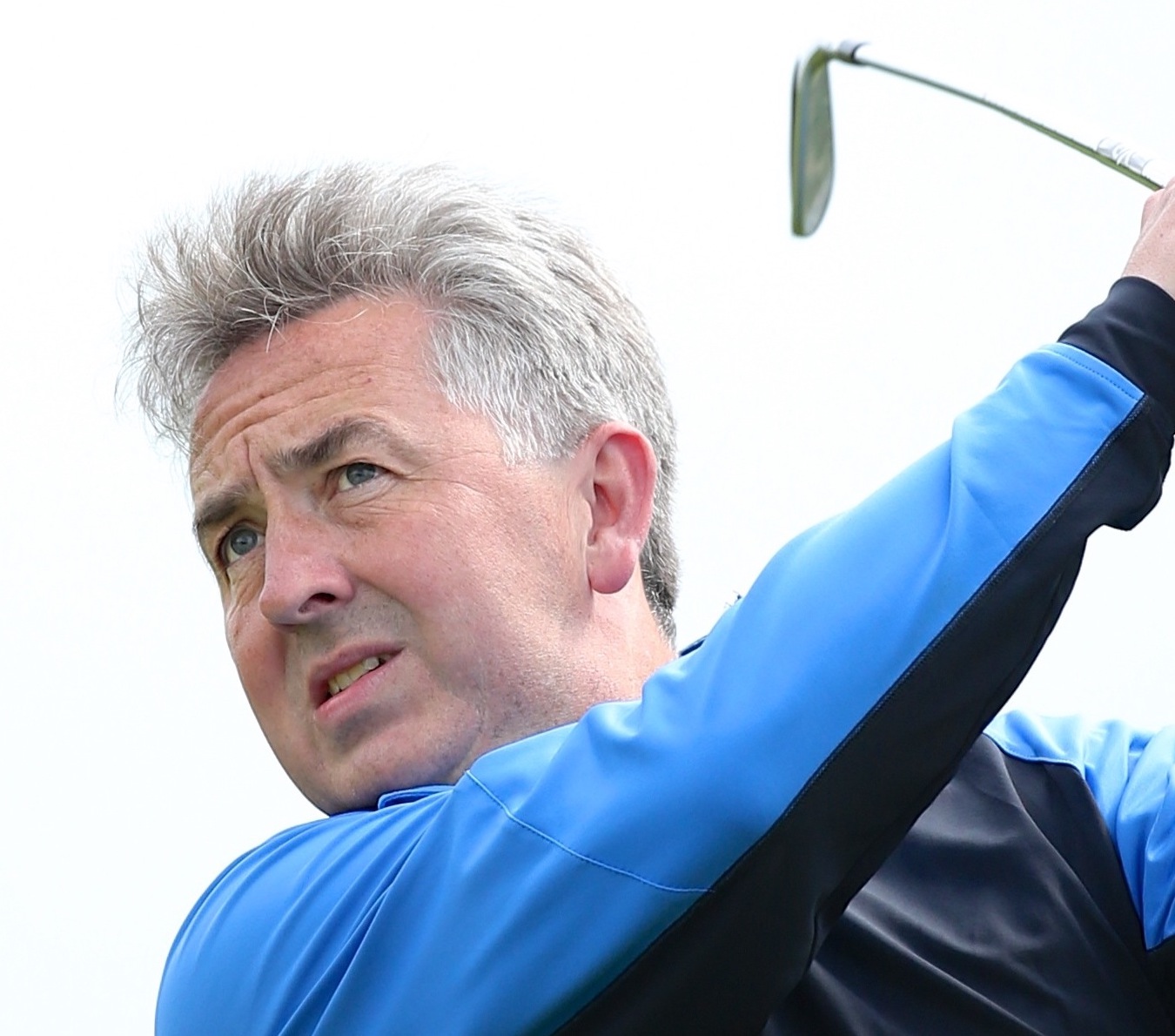
We get to talk to many golf course architects every year. From our most recent chats, here are 10 topics of conversation within the profession at the moment
Golf Course Architects: 10 Things They're Talking About
There may not be a huge number of new golf courses being built in the UK and Ireland right now. Most likely there won’t be for the foreseeable future in the current economic climate.
But that doesn’t mean golf course architects aren’t still very busy, with plenty of work going on at existing courses and clubs.
In the course of our work, we get to chat with a number of the UK’s most prominent golf course architects.
Based on what they've been telling us, here’s what our relatively small band of golf course architects is mostly talking about right now…
How busy things are
Several architects have expressed grateful surprise at how busy they are given all that 2020 has thrown at us. Yes, we’re not building many new golf courses in the UK right now, but it seems there is still more than enough work to keep them very busy indeed.
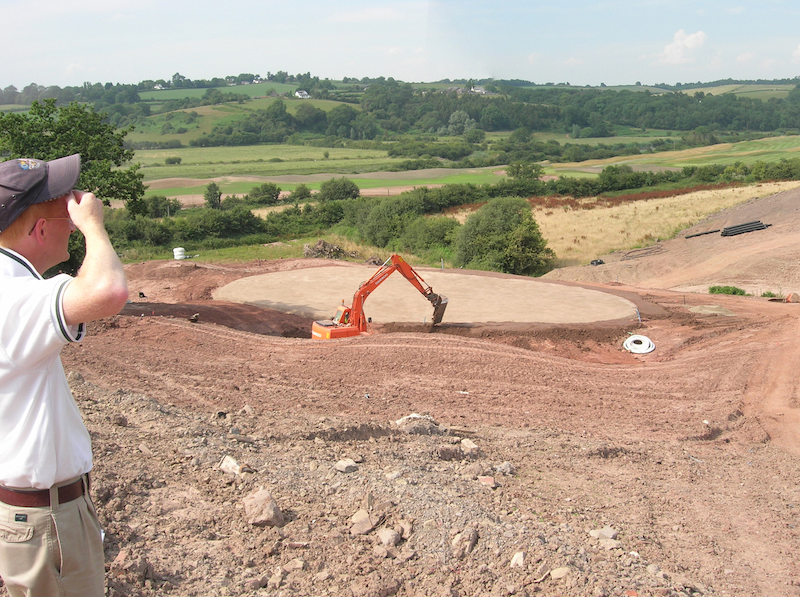
“Since lockdown, we have just not stopped,” one golf course architect told us. “Work has come in, and more work has come in.”
Get the Golf Monthly Newsletter
Subscribe to the Golf Monthly newsletter to stay up to date with all the latest tour news, equipment news, reviews, head-to-heads and buyer’s guides from our team of experienced experts.
This may, in part, be down to over-supply creating a survival of the fittest scenario, with clubs looking to improve to stay ahead of the competition. It may also be a result of golf's membership boom, but will that last as Covid seems increasingly reluctant to disappear?
The distance debate
You might well love being able to hit the ball further than you used to – who wouldn’t? But it is raising concerns through many areas of the industry, including golf course design.
Why? Ever-bigger golf courses demand more land and put a greater strain on natural resources at a time when sustainability is a real buzzword.
Golf course architects are no doubt chatting about this among themselves. But it's also an important enough issue for the EIGCA (European Institute of Golf Course Architects) to comment on.

Here is the EIGCA’s response to the Distance Insights Report published by The R&A and USGA in early 2020.
“Increased shot distances over recent decades have seen a demand and requirement for greater land use, course lengthening and alteration to ensure the game’s challenge is maintained. The report clearly highlights that this “cycle” is unsustainable. The negative impacts seen in the game today – such as slow play, increased maintenance costs and high resource use – are all in part a result of this cycle and so we agree that it needs to be reviewed.”
The use of water
Perhaps the most precious of those resources is water. There is a very strong likelihood – perhaps even certainty – that golf clubs will not be able to use mains water in the same way that they have done for too much longer.
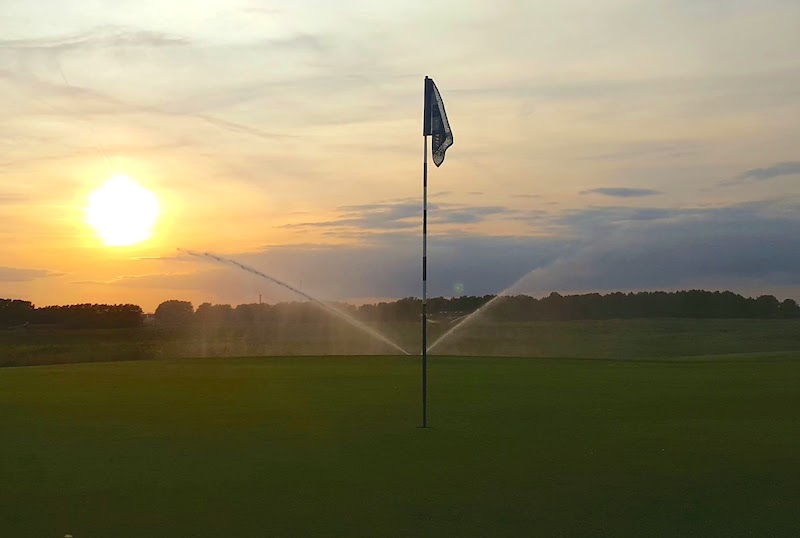
Golf course architects will need to keep abreast of the situation and any regulations to advise clients appropriately. Sustainable drainage and irrigation solutions are definitely on the agenda.
Course changes due to health and safety issues
Golf collectively has an obligation to take due regard of persons and property inside and outside the course boundaries.
One architect told us safety work was becoming a growing part of his business. The ideal scenario is action before, rather than after, something untoward happens.
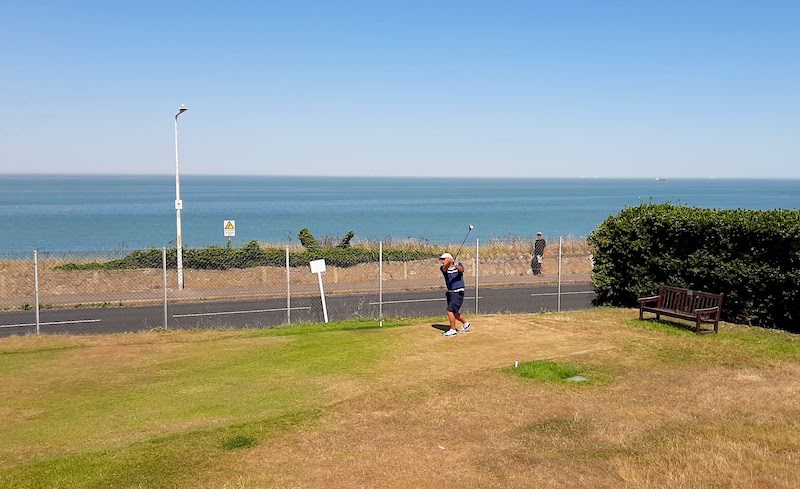
Many golf courses flank roads, houses, schools, playgrounds and so on, or struggle with internal safety issues. There will be plenty for golf course architects to talk about on this front for years to come.
The need for more short courses
With hindsight, most golf course architects would agree that the largely client-driven demand for ‘championship courses’ in the 1980s and 1990s was not what golf really needed.
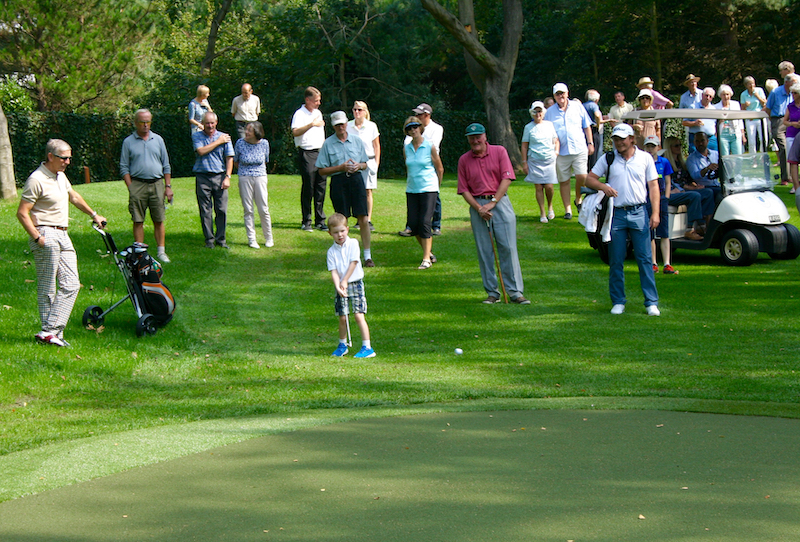
Attention is turning more now to courses of more modest length and par-3 layouts. These not only provide a more manageable entry point, but would probably prove more fun for many established golfers too.
Does the number of holes matter?
Golf has become primarily an 18-hole game. But delve into the archives and many early courses simply had however many holes they could realistically fit in.

Some golf course architects feel we should return to those days, become less obsessed with 18 holes and create courses with whatever number of holes the available plot of land naturally lends itself to.
Soil importation/landfill projects
Building or modifying a golf course is not cheap. One of the potential ways to neutralise the capital outlay is via soil importation.
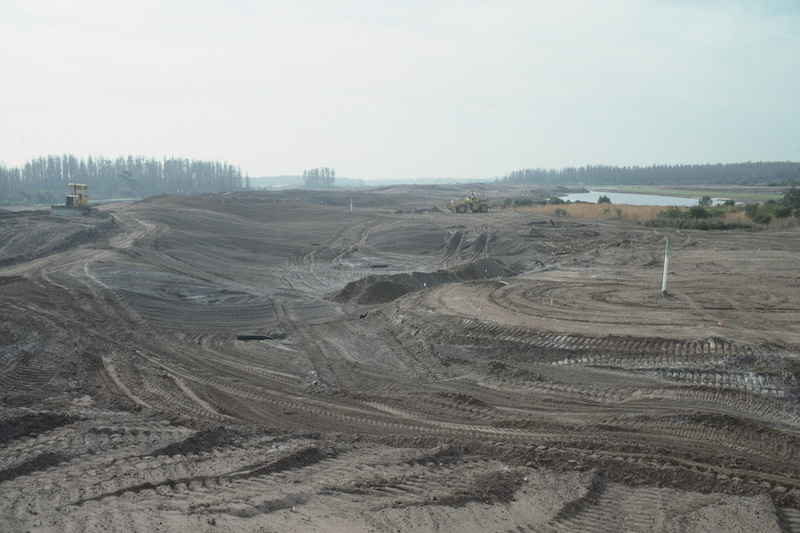
This means that existing or proposed courses are paid a royalty to import the spoil (subject to permission and stringent controls) from major infrastructure projects such as roads, railways or tunnels. Those royalties then offset the construction costs.
Such schemes have been around for some time. They seem to becoming more prevalent now, though, with one architect telling us he had six such projects on the go.
Bunker renovations
Variety is to be applauded, but at many courses, over time the bunkers have become homogenised, bland ovals. They lack the aesthetic appeal of what was once there or what could ideally be there.

Different architects have different style preferences, but bunker renovation or remodelling projects are on the up right now.
Restorations based on old aerial photography
Following on from that, old aerial photographs are increasingly being used by golf course architects to show them what was once there and what has changed over the years.
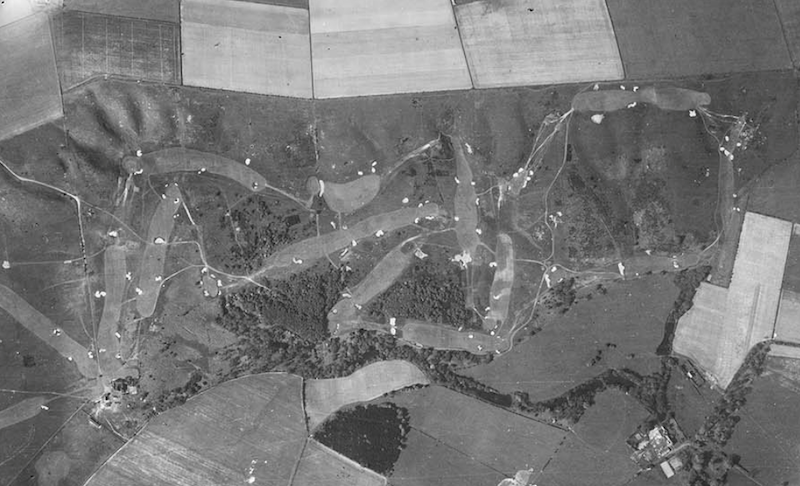
Where applicable and practical, there is a growing trend towards restorations of what has been lost.
Improving practice and short-game facilities
More clubs are realising that they need to be offering members more in the way of practice facilities.
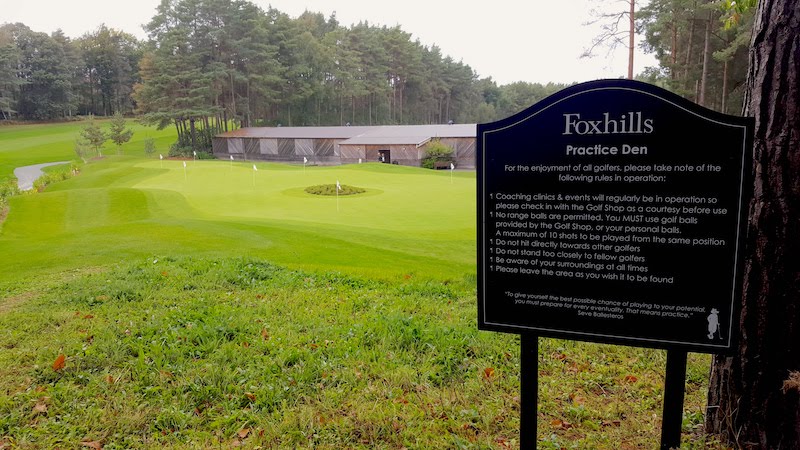
Ranges, and in particular short-game areas, are becoming ever more desirable. Golf course architects have been creating some very fine new facilities for their clients, or extensively remodelling existing ones.

Jeremy Ellwood has worked in the golf industry since 1993 and for Golf Monthly since 2002 when he started out as equipment editor. He is now a freelance journalist writing mainly for Golf Monthly. He is an expert on the Rules of Golf having qualified through an R&A course to become a golf referee. He is a senior panelist for Golf Monthly's Top 100 UK & Ireland Course Rankings and has played all of the Top 100 plus 91 of the Next 100, making him well-qualified when it comes to assessing and comparing our premier golf courses. He has now played 1,000 golf courses worldwide in 35 countries, from the humblest of nine-holers in the Scottish Highlands to the very grandest of international golf resorts. He reached the 1,000 mark on his 60th birthday in October 2023 on Vale do Lobo's Ocean course. Put him on a links course anywhere and he will be blissfully content.
Jezz can be contacted via Twitter - @JezzEllwoodGolf
Jeremy is currently playing...
Driver: Ping G425 LST 10.5˚ (draw setting), Mitsubishi Tensei AV Orange 55 S shaft
3 wood: Srixon ZX, EvenFlow Riptide 6.0 S 50g shaft
Hybrid: Ping G425 17˚, Mitsubishi Tensei CK Pro Orange 80 S shaft
Irons 3- to 8-iron: Ping i525, True Temper Dynamic Gold 105 R300 shafts
Irons 9-iron and PW: Honma TWorld TW747Vx, Nippon NS Pro regular shaft
Wedges: Ping Glide 4.0 50˚ and 54˚, 12˚ bounce, True Temper Dynamic Gold 105 R300 shafts
Putter: Kramski HPP 325
Ball: Any premium ball I can find in a charity shop or similar (or out on the course!)
-
 Rory McIlroy's Sports Psychologist Explains Why He 'Didn't Talk' To Bryson DeChambeau In Masters Final Round
Rory McIlroy's Sports Psychologist Explains Why He 'Didn't Talk' To Bryson DeChambeau In Masters Final RoundDeChambeau raised eyebrows at Augusta National when claiming that McIlroy wouldn't engage in conversation during the final round of The Masters
By Jonny Leighfield
-
 RBC Heritage 2025 Picks, Odds And Predictions
RBC Heritage 2025 Picks, Odds And PredictionsAfter a thrilling week at The Masters, the PGA Tour returns to Harbour Town Golf Links and the fifth Signature Event of 2025
By Matt Cradock